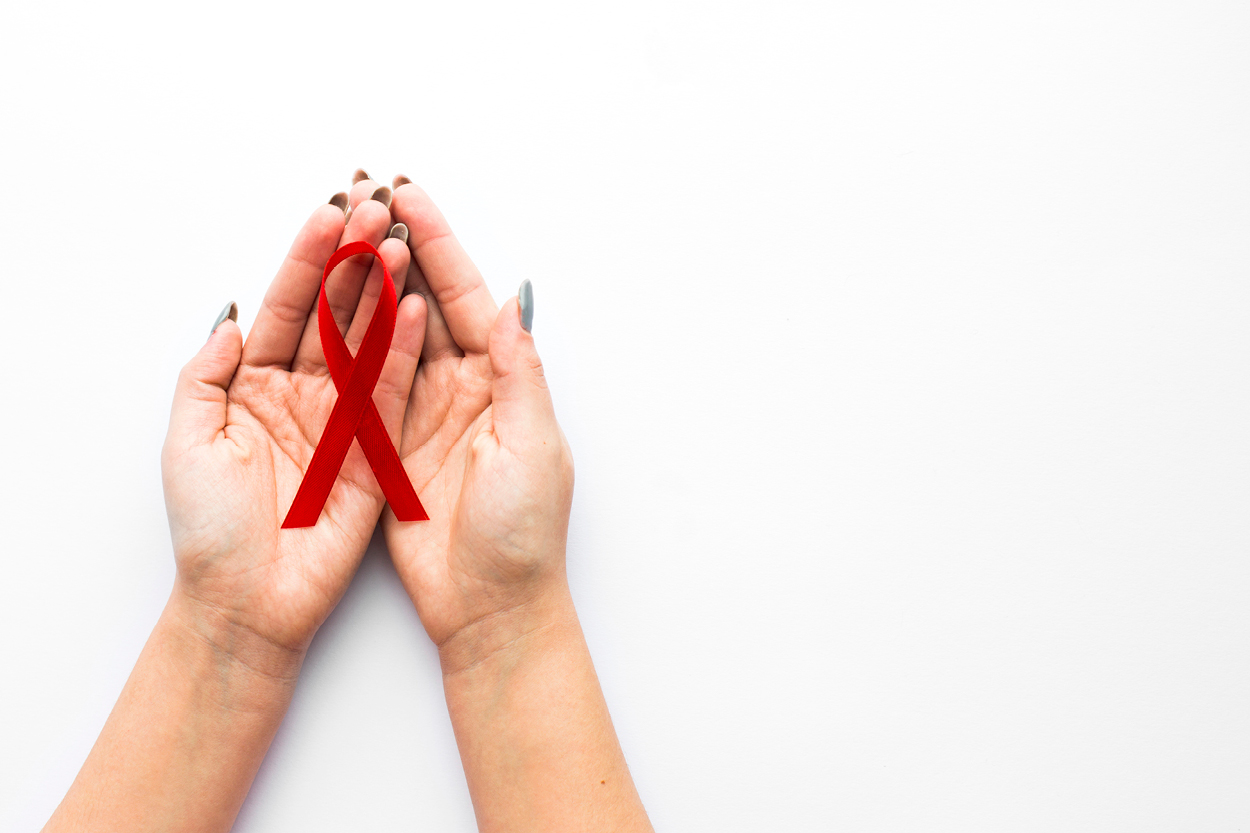Blood cancers affect thousands of Americans each year, yet many people remain unaware of the warning signs or how they can make a meaningful difference in the lives of those fighting these conditions. Understanding blood cancer and the role of blood donation can empower you to protect your health and support your community.
Blood cancer occurs when abnormal cells interfere with the production and function of healthy blood cells in your bone marrow, blood, or lymphatic system. Unlike other cancers that form solid tumors, blood cancers affect the liquid components of your body that transport oxygen, fight infections, and help with clotting. The three main types include leukemia, which affects white blood cells; lymphoma, which targets the lymphatic system; and myeloma, which impacts plasma cells in the bone marrow.
Recognizing the early warning signs can lead to earlier diagnosis and better treatment outcomes. Many people experience persistent fatigue that doesn't improve with rest, unexplained weight loss, or frequent infections that seem to linger longer than usual. You might notice unusual bruising or bleeding, such as nosebleeds that occur without injury or bruises that appear without any memory of bumping into something. Swollen lymph nodes in your neck, armpits, or groin can also signal a problem, particularly when they remain enlarged for several weeks. Night sweats severe enough to soak your clothing and persistent fever without an obvious cause are additional symptoms that warrant medical attention.
While anyone can develop blood cancer, certain factors may increase your risk. Age plays a significant role, as most blood cancers become more common as people get older. Having a family history of blood cancer, previous cancer treatment with chemotherapy or radiation, and certain genetic disorders can elevate your risk. Exposure to chemicals like benzene, smoking, and some autoimmune conditions also contributes to the increased likelihood of developing these cancers.
Even if you've never been diagnosed with cancer, you possess the power to make a tremendous impact in the fight against blood cancer through blood donation. Blood cancer patients often require frequent transfusions because their treatments destroy both cancerous and healthy blood cells. When someone receives chemotherapy, their bone marrow's ability to produce new blood cells becomes compromised, leaving them dependent on donated blood products to survive.
Your blood donation serves multiple purposes for blood cancer patients. Red blood cell transfusions help replace cells destroyed by treatment, carrying essential oxygen throughout their body and preventing dangerous anemia. Platelet transfusions become necessary when cancer treatments reduce the blood's ability to clot properly, preventing serious bleeding complications. Plasma donations provide proteins and clotting factors that help patients maintain proper blood function during their recovery.
The donation process is simple and usually takes under an hour. Each time you donate, you could help save up to three lives. For patients battling blood cancers, transfusions often become a regular part of their treatment, sometimes requiring dozens over time. When you donate regularly, you join a community that helps ensure hospitals have what they need for both urgent situations and planned care.
Beyond blood donation, you can support blood cancer awareness by learning about the warning signs and sharing this knowledge with friends and family. Encouraging loved ones to maintain regular checkups with their healthcare providers helps ensure that any concerning symptoms receive prompt medical attention. Support organizations that fund blood cancer research through volunteering or donations to help advance treatment options and improve outcomes for future patients.
If you're concerned about any symptoms you've been experiencing, don't wait to seek medical advice. Early detection often leads to more treatment options and better outcomes. Blood tests can reveal important information about your blood cell counts and overall health, providing your doctor with valuable insights into any potential problems.
Contact Astera Cancer Care today at (732) 390-7750 to talk to someone on our experienced hematology-oncology team or to learn more about blood cancer prevention and treatment options.

